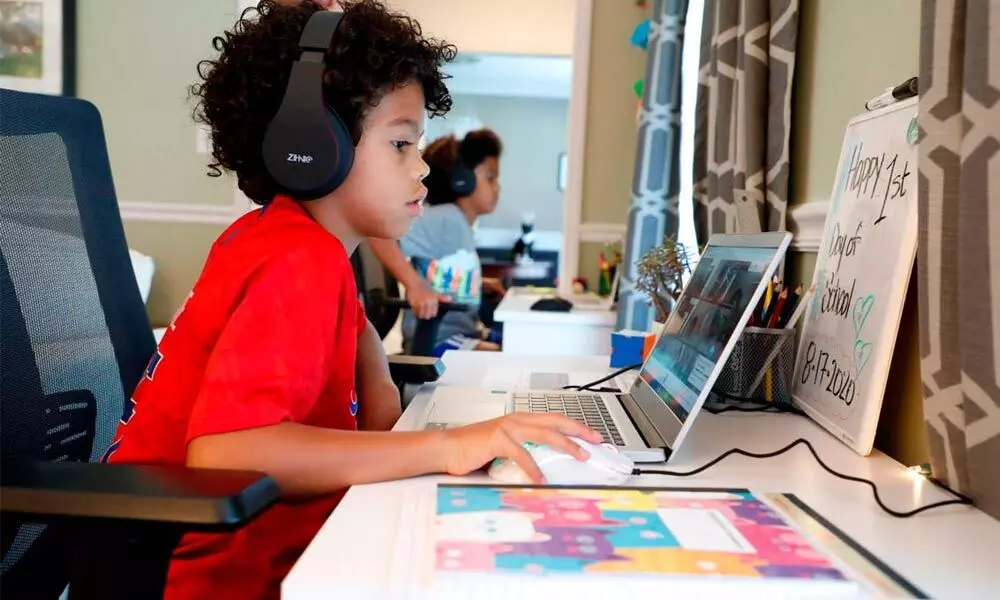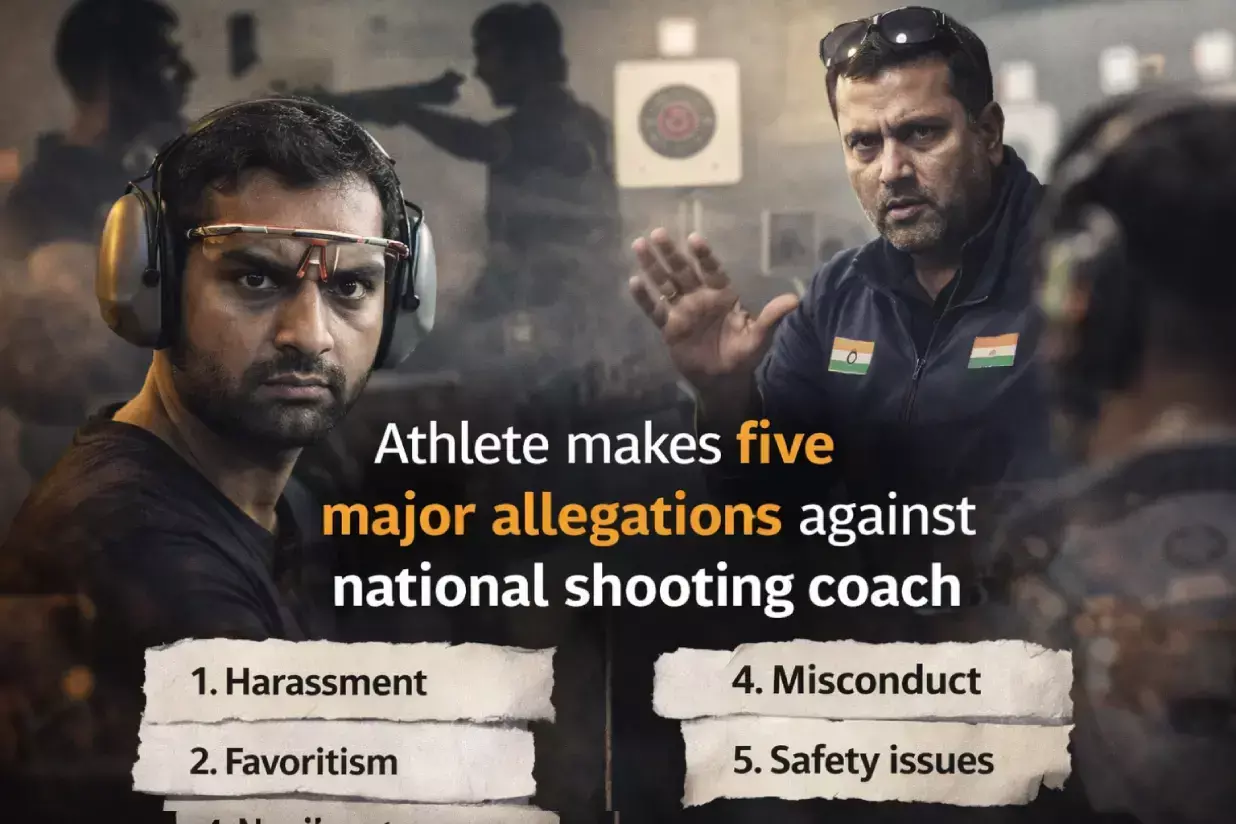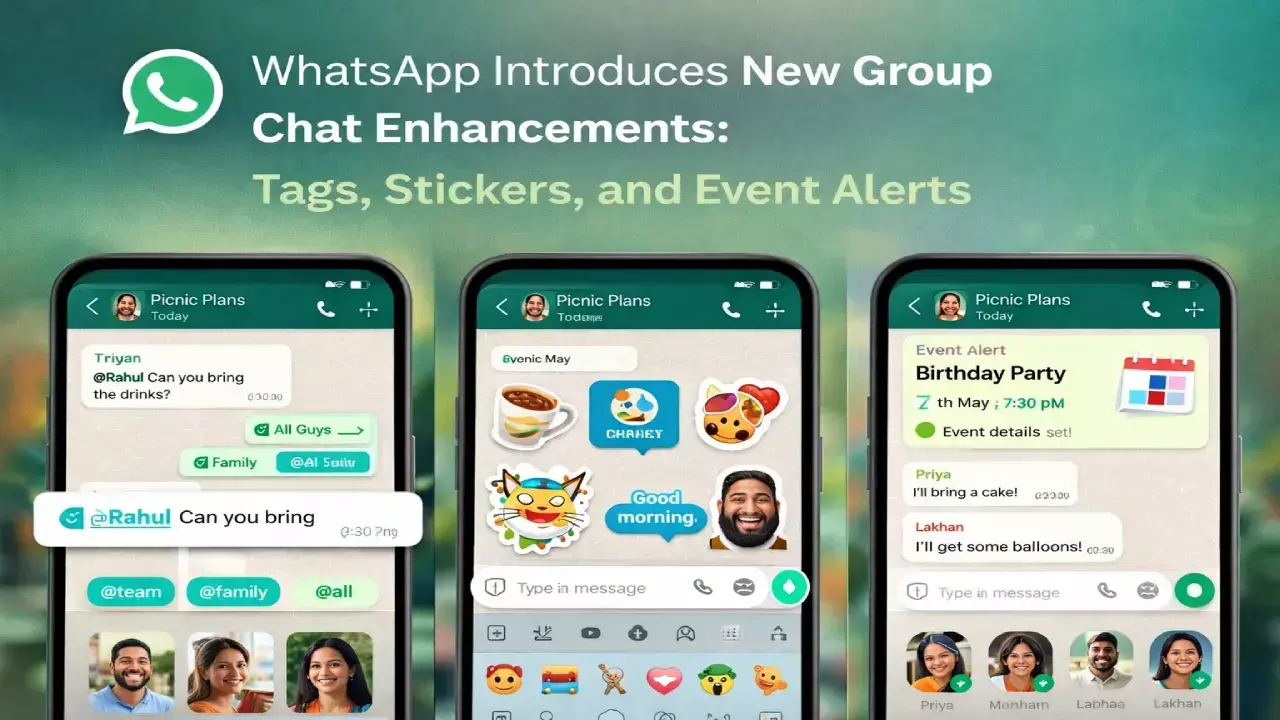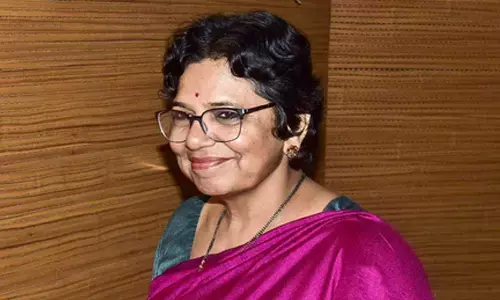Doctors report rise in myopia, squint eye among kids attending online classes

Doctors report rise in myopia, squint eye among kids attending online classes
Along with Covid-19 has come a precedent for a socially distant learning experience leading way to online classes that all children are exposed to nowadays
Bengaluru: Along with Covid-19 has come a precedent for a socially distant learning experience leading way to online classes that all children are exposed to nowadays. Children are spending countless hours staring at screens, giving rise to various eye-related illnesses like myopia and squint eye. Doctors report at least a two-fold rise in such cases from children within the age of 8-16 and advise parents to administer supervision on screen time.
Speaking to reporters, Dr Rakesh Seenappa, Consultant Ophthalmologist, Dr Agarwal's Eye Hospital, Bengaluru said, "We have seen almost doubling of cases of myopia among children of 8-16 years of age compared to pre-pandemic times There is also a significant rise in squint-eye cases among kids due to excessive use of digital screens for near-work activities like online classes, watching videos or playing video games on a small screen." He further added that long term use of digital screens can lead to dryness of eyes, near-sightedness, squint eye and allergies.
During these online classes, children are often spending more than 4 hours staring into screens. Doctors noted that children are also usually provided with a smaller screen device further increasing the stress on their eyes. This also leads to usage of screens at less than 33 cms which is not ideal for long term exposure, especially for children.
They also highlighted the rampant mobile game addiction in children. While playing games that require a lot of concentration, they are again staring at screens without blinking. Prolonged stress on the eyes without blinking leads to dryness in the eyes. At this stage, children tend to rub their eyes for instant relief. "This causes changes in the corneal curvature and, in a few months, an increase in glass power. Dryness can also trigger eye allergies, which makes children rub their eyes even more. This is a downward spiral that leads to a myopic shift in the eyes as the child grows, leading to high myopia at an early age" said Dr Rakesh Seenappa. The doctor also advised against washing eyes with cold water and recommend visiting an ophthalmologist.
In addition to online classes, couped in closed rooms, children are also turning to screens for companionship and entertainment during these times. "There isn't adequate outside exposure for these children. Some students also attend online tuition classes after their school classes" said Dr Mohsina Mehkri, Consultant Ophthalmologist, Aster RV Hospital.
Dr Sandeep Suresh Patil, Consultant Ophthalmology at Sakra World Hospital, Bengaluru also noticed that children are not taking the breaks stipulated by the government in between 40 min online classes. "Since teachers are unable to monitor all students through the online medium, children are utilising this time to engage in other screen-related activities" he added.
Doctors stress that to prevent the onset of irreparable damage to children's eyes, parents need to monitor their children during online classes. They need to set the precedent for the children by creating a school-like environment. It is important for them to be in well-lit rooms and using bigger screen devices. Children also require an adequate amount of sunlight exposure to balance the over-stressing on the eyes due to the pandemic environment.
They also advise that children who start developing these issues visit an ophthalmologist at the earliest and get their eyes tested. "Myopia is a condition, though not reversible, is curable with prescription glasses. "We do have treatment options to prevent excessive progression of myopia. Squint is curable with glasses as well as through surgery. Sometimes it can be reversed through appropriate exercises and prescription glasses," Dr Rakesh Seenappa said.
Doctors also stressed the need to relax the eyes. Children mandatorily should be taking breaks lasting about 1 min every 30 mins. "Children need to take frequent breaks and not after a long stretch. Staring blankly at the distance or at a wall can also prove helpful" said Dr Mohsina Mehkri. Relaxing of the eyes can prevent changes in the corneal curvature and faster evaporation of tears.

















